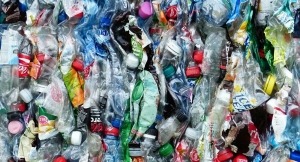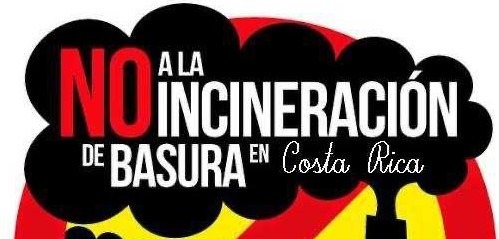
The presidency of the Costa Rican Electricity Institute (ICE), declared that they are not going to provide any land to make the incinerator (or any type of chemical combustion) of waste that seeks to generate electricity as a result of the activity. In addition, ICE asks the Metropolitan Federation of Municipalities (FEMETROM) for an explanation of the project.

ICE clarifies that Costa Rica’s demand for electricity is covered and that this type of activity is not in the interest of the entity, since they are seeking a renewable energy matrix. It is indicated that “The Expansion Plan for Electricity Generation (2018-2034)”, concludes that the recommended route shows that the country has guaranteed the attention to electricity demand for the next eight years, based on a matrix of renewable, reliable and diverse generation, consolidating a national electric model based on renewable sources, therefore, the addition of installed capacity to the National Electric System until 2026 with the Borinquen 1 power plant is not considered.
“Waste Incineration is not considered by any world entity as renewable energy, rather it is a tremendously entropic and polluting activity that competes with comprehensive waste management and has terrible environmental and social impacts,” said environmental biology and ecologist Fabián Pacheco.
He added that “it is evident that FEMETROM is making entanglements in SICOP (Integrated System of Public Procurement) generating false expectations to see who bites the hook, it seems that in this attempt to manage municipal waste, the cleanest is the misnamed garbage.

We find it very regrettable, shameful, and this affects the image of the country. Marcela Guerrero, IFAM’s executive president, indicated: “IFAM’s position in accordance with the Government’s position established progress in the matter of integral waste management in all those activities that by nature have less impact. Not only by reducing greenhouse gases but also taking care of people’s health through air quality. “
“Furthermore, conditions must be created so that the activities carried out adhere to the decarbonisation plan and that they generate quality jobs under the logic of the “circular economy”.
“Incineration is obviously not an activity in line with the government’s aspirations to work on comprehensive waste management. Initiatives that will stimulate people’s quality of life must be promoted. Comprehensive waste management must be done including separation, composting, recovery, reuse and recycling. There are a number of technologies that are certainly overcome and we must look for those that adapt to the Decarbonisation Plan and towards a green economy,” said Guerrero.
FEMETRON’s attempt to install a garbage incinerator in the Greater Metropolitan Area will have its strong opponents. Already the municipality of Belén unanimously and various environmental organizations have been sounding war drums against the installation of the said waste plant,” concluded Pacheco.

